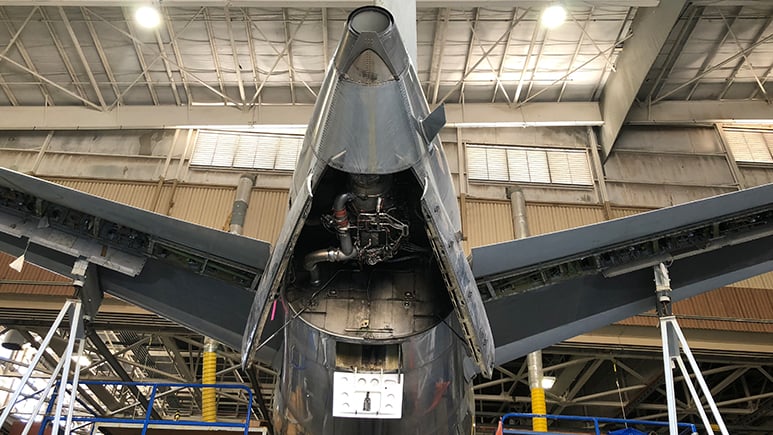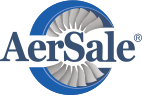Nearly one quarter of all commercial planes flown by U.S. airlines today are more than 15 years old, and when looking at the entire global fleet as a whole, that number reaches even higher. While the definition of an airplane’s “mid-life” generally falls somewhere between 8 to 12 years old, there is often the impression by the flying public—and even some airlines—that mid-life airplanes are somehow second-class when compared to factory-fresh ones. This is one of many misconceptions surrounding aging aircraft. Here we will examine several of them, while also looking at MRO options and strategies for getting the most out of middle-aged airplanes.
Dispelling Mid-Life Myths
Older airplanes are unsafe.
False. The FAA and other global aviation authorities require that all commercial aircraft meet specific safety standards—regardless of age. As technology changes, standards are updated and new safety equipment may be necessary, like fuel tank inerting or upgraded navigational and tracking systems. Additionally, as an airplane ages, the government requires more invasive and frequent inspections. Since the FAA does not set a mandatory aircraft retirement age, mid-life airplanes can continue flying safely for decades. Ultimately, airplane safety is an issue of maintenance.
Older airplanes cost more to maintain and operate.
Not necessarily. While older aircraft do become costlier to maintain over time, they can be modified to fly more efficiently. Adding winglets, installing newer engines, and removing weight through lighter seats and other equipment can easily extend the service lives of older aircraft by making them more fuel-efficient and cost-effective.
Older airplanes are undesirable compared to new ones.
False. In the aviation aftermarket, demand for mid-life—and even older—airplanes is currently skewed due to the grounding of the Boeing 737 MAX. In an unusual trend, airlines are leasing significantly older planes (if they can find them) to make up for lost capacity and avoid schedule disruptions. When the MAX does return to service, lease rates and demand for mid-life airplanes is expected to fall, albeit slowly until the MAX backlog has cleared. Although new airplanes may have the latest technology, their availability from OEMs is measured in years. With production slots full for the near future, it is clear that airlines view mid-life airplanes as a valuable resource.
Older airplanes have lower dispatch rates.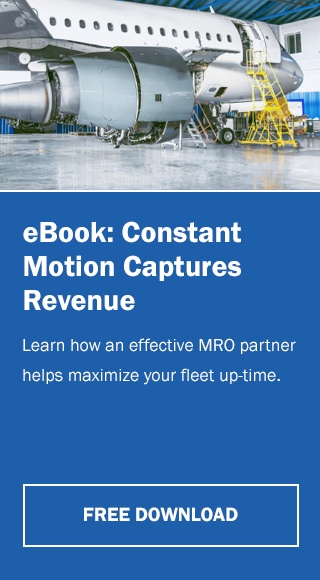
False. There is one primary reason (besides cost) why airlines like mid-life aircraft: reliability. The continued reliability of Boeing and Airbus narrow bodies, which make up a large portion of the global mid-life fleet, makes airlines more comfortable retaining mid-life aircraft. Through FAA mandated inspections and preventative maintenance, it ensures that older aircraft match the dispatch reliability of younger aircraft. As a result, performance and reliability metrics are not significantly impacted by the aging of the aircraft.
Older airplanes lack proper documentation.
False. Not only are detailed records a regulatory requirement, they are essential for helping maintain the resale or lease value of a mid-life aircraft. Data about an aircraft’s current condition—especially the engines, is critical. By middle age, most aircraft and engines have already undergone C and D level checks and had many life-limited parts replaced. By knowing the exact technical status of the engines and airframe, you can reliably predict and plan for future maintenance of your mid-life aircraft.
Avoid the Airplane Mid-Life Crisis with AerSale®
With the safety, reliability, and value of mid-life airplanes firmly established, let’s briefly look at three ways to keep your mid-life fleet flying high in revenue service with a trusted MRO partner—AerSale.
Power Boost
Engines are only at peak condition once in an airplane’s life: at delivery. As an engine gradually increases its exhaust gas temperature (EGT) at take-off, its performance deteriorates. Maintenance brings a large part of the EGT margin back, but not all. AerSale understands this and other critical variables that impact your engine’s condition on a mid-life airplane. Based on your specific requirements, AerSale can provide complete engine maintenance and non-destructive testing for almost any powerplant in the global fleet today, in addition to engine sales, leases, exchanges, and parts.
Maintenance
As a vertically integrated MRO partner, AerSale is able to keep your mid-life fleet fit and flying. Whether it is adding winglets to reduce drag and fuel burn, heavy maintenance, major structural repairs and modifications, or stripping and painting, AerSale has the technical expertise and experience to meet your airplane’s mid-life maintenance needs. Good maintenance is basic fleet cost management, and as previously noted, an airplane’s longevity is usually an issue of how well it has been maintained.
Interior Upgrade
Revamping a mid-life airplane interior has many benefits. Cabin upgrades range from superficial changes to complete interior teardowns and reconfigurations. With new seats, lavatories, galleys, lighting, carpeting, and Inflight Entertainment and Connectivity (IFEC) systems, passengers many not even know they are flying on a mid-life aircraft. Many of these upgrades can reduce cabin weight, improve safety and working conditions, differentiate your airline’s brand, and make passengers feel they are getting more value for their money with a bright and stylish cabin.
About AerSale
A global aviation leader, AerSale specializes in the sale, lease, and exchange of used aircraft, engines, and components, in addition to providing a broad range of integrated maintenance, repair, and overhaul (MRO) services and engineering services for commercial aircraft and components. AerSale also offers asset management services to owners of end-of-life aircraft and engine portfolios. Headquartered in Coral Gables, Florida, AerSale maintains offices and operations in the United States, Europe, and Asia. For more information about how AerSale can be your one-stop source for non-stop service, visit www.aersale.com.
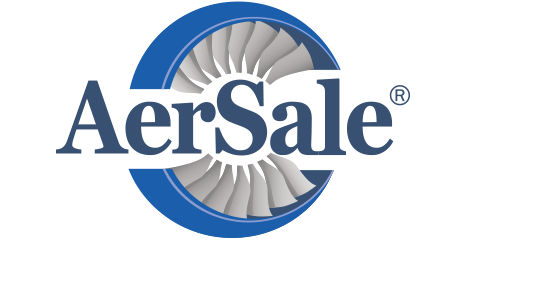
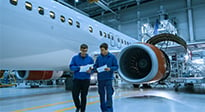
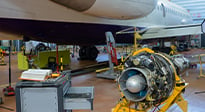
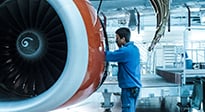
 OUTSTANDING PEOPLE AND CAPABILITES
OUTSTANDING PEOPLE AND CAPABILITES

